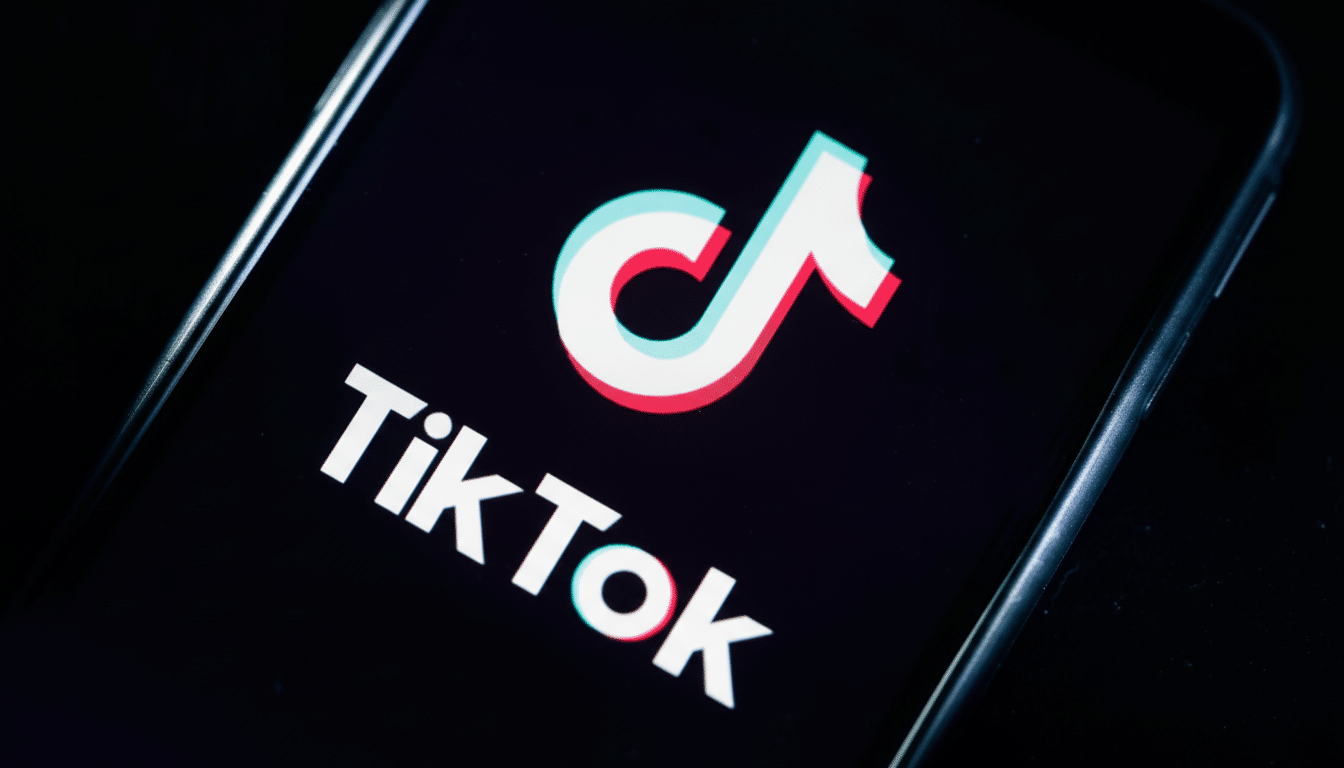Both former President Donald Trump and the parent of TikTok, the China-based ByteDance, suggested late Tuesday that a long-discussed restructuring of TikTok’s U.S. operations has secured top-level approval, with Trump crediting Chinese President Xi Jinping and ByteDance thanking both leaders for approving it. But there have been no agency decisions, legal filings or term sheets issued, making the substance of — and compliance with — any deal a mystery.
The move is eye-catching but raises more questions than it answers. A national-security settlement over how TikTok manages data, code and corporate control would typically be structured as a formal CFIUS agreement with detailed security provisions. None has surfaced.

What has been reported already about the proposed deal
Trump indicated that an approval of a TikTok deal was to come during a call with Xi. ByteDance expressed a similar sentiment, saying it would continue to work “to bring all the benefits of TikTok for American users.” In one U.S.-led ownership structure described by The Wall Street Journal, investors including Oracle, Silver Lake and Andreessen Horowitz would own about 80% of a new entity that will be called TikTok U.S., with Chinese shareholders holding a minority stake.
The Journal also wrote that all but one of the new company’s directors would be American, with a catch: one director would be nominated by the U.S. government. If true, that would be an unusual governance feature for a consumer tech platform the size of TikTok — a signal of serious national security posture, but one that might invite legal challenge around precedent and scope.
What we still don’t know about the TikTok restructuring
Among other things, crucial details still need to be worked out about:
- The ownership breakdown between ByteDance and its U.S. investors
- How the core recommendation algorithm is to be transferred or licensed — or whether it remains outside U.S. control altogether
- Where U.S.-based data will reside and who can access it
- What precisely the role in American operations of a government-appointed board member will entail
The most important point is that there’s no CFIUS-approved National Security Agreement (NSA) in the public record, nor do we see any visible approval from China’s Ministry of Commerce or Cyberspace Administration of China, both of which would presumably weigh in because algorithm technology includes Chinese export controls.
Without such materials, it would be a political declaration and not a legally binding solution. Even if the terms are nailed down, it is likely that compliance timelines, independent audits and even dispute-resolution mechanisms will be spelled out without much detail — none of which has been shared.
The most plausible structure of a potential TikTok deal
Previous negotiations suggest a predictable outline. In 2020, TikTok put forward “Project Texas,” which aimed to domicile U.S. data on Oracle infrastructure with third-party monitoring and limited engineering access. Any new deal would most likely revive and toughen those ideas.

- A Special Security Agreement under the oversight of CFIUS
- A proxy or special-purpose board made up exclusively of U.S. citizens with clearances
- Onshore data localization
- Source code escrow
- Ongoing, independent auditing of software updates and data flows
The hardest question is that of the algorithm. A full transfer could run up against China’s export controls, or else a license-and-audit model needs to be strictly enforced so that the U.S. entity can act from mainland China without clandestine code manipulation. Some experts have also suggested a “kill switch,” which would enable U.S. authorities to turn off certain functions if terms are broken — something found occasionally in classified national security contracts, but near-unheard of in consumer tech.
Why this potential TikTok deal matters for U.S. users
TikTok has about 170 million users in the United States, according to company statements, and is a mainstay of the creator economy. Insider Intelligence estimates that the platform’s ad revenue is in the low double-digit billions of dollars in the United States, making it one of the fastest-growing digital ad players. And for creators and advertisers, knowing what governance will apply to them isn’t an academic question — it impacts brand safety, campaign planning and whether creators can bet on continuity.
For Washington, the question is intelligence risk and influence operations. CFIUS often focuses on data sovereignty, access controls and the ability to identify and prevent surreptitious manipulation of content ranking. For Beijing, the fear is not so much over sensitive technology but rather losing influence. Any deal would have to be the eye of two needles at once, which is why previous attempts repeatedly stalled.
What to watch next as approvals and details emerge
Keep an eye out for CFIUS’ formal sign-off and a published, if redacted, National Security Agreement; disclosures from the U.S. Treasury — the body’s lead agency — and any commentary out of the Departments of Justice, Commerce or Homeland Security.
On the China side, signals from the Ministry of Commerce and the Cyberspace Administration will be instructive — especially when it comes to export licenses for recommendation systems.
Also watch for whether the named investor group congeals and how governance is arranged in filings. If a U.S. government-appointed board seat is included in the final package, legal scholars are likely to spend just as many years debating its longevity in court. And if the algorithm is still under Chinese control, Congress and national security agencies may advocate for stricter technical controls or backup measures.
Bottom line: Trump and ByteDance have raised people’s hopes, but at least until the paperwork arrives and both regulators give it the stamp of approval, the TikTok deal looks more like promise than product.

